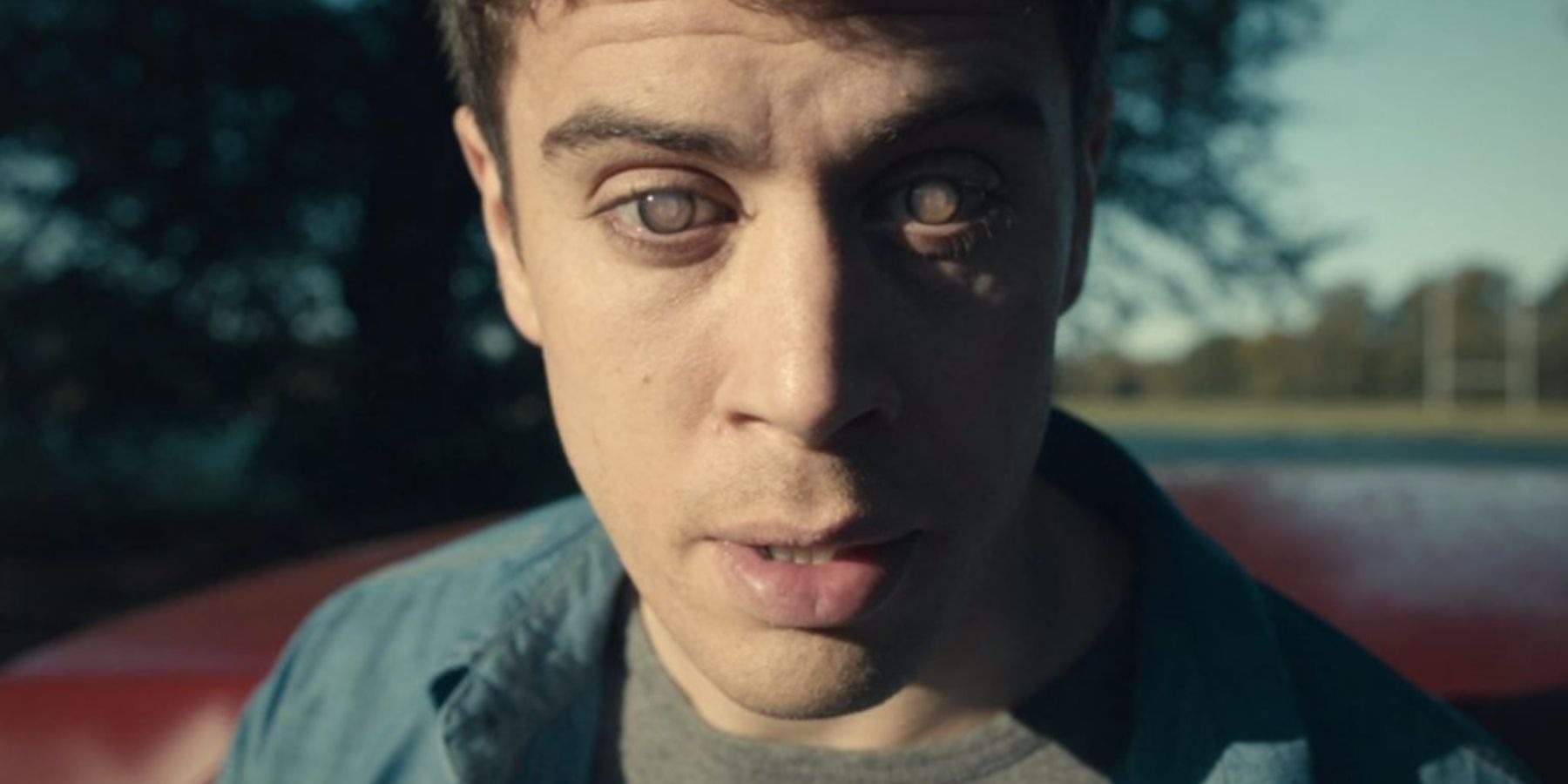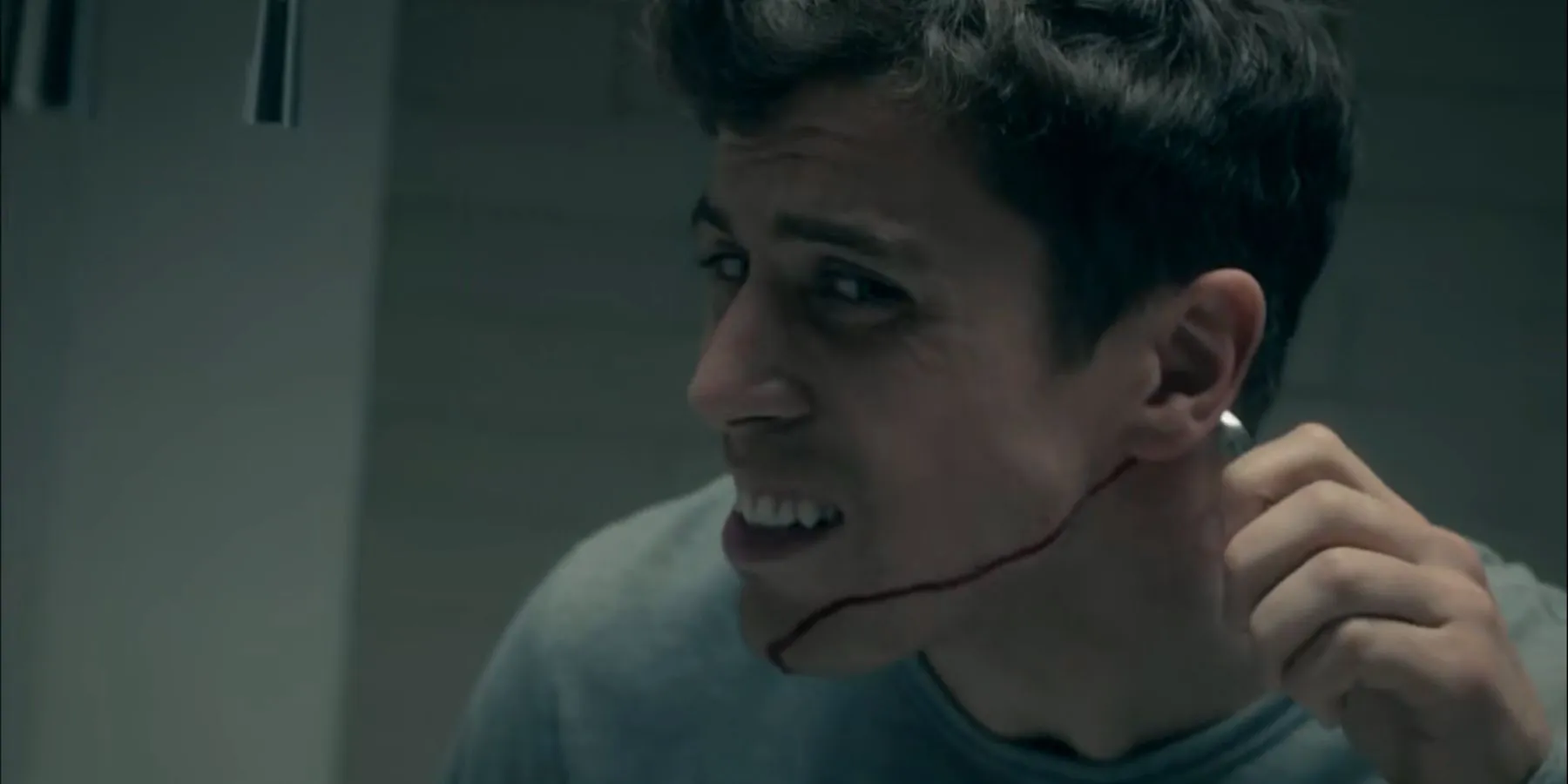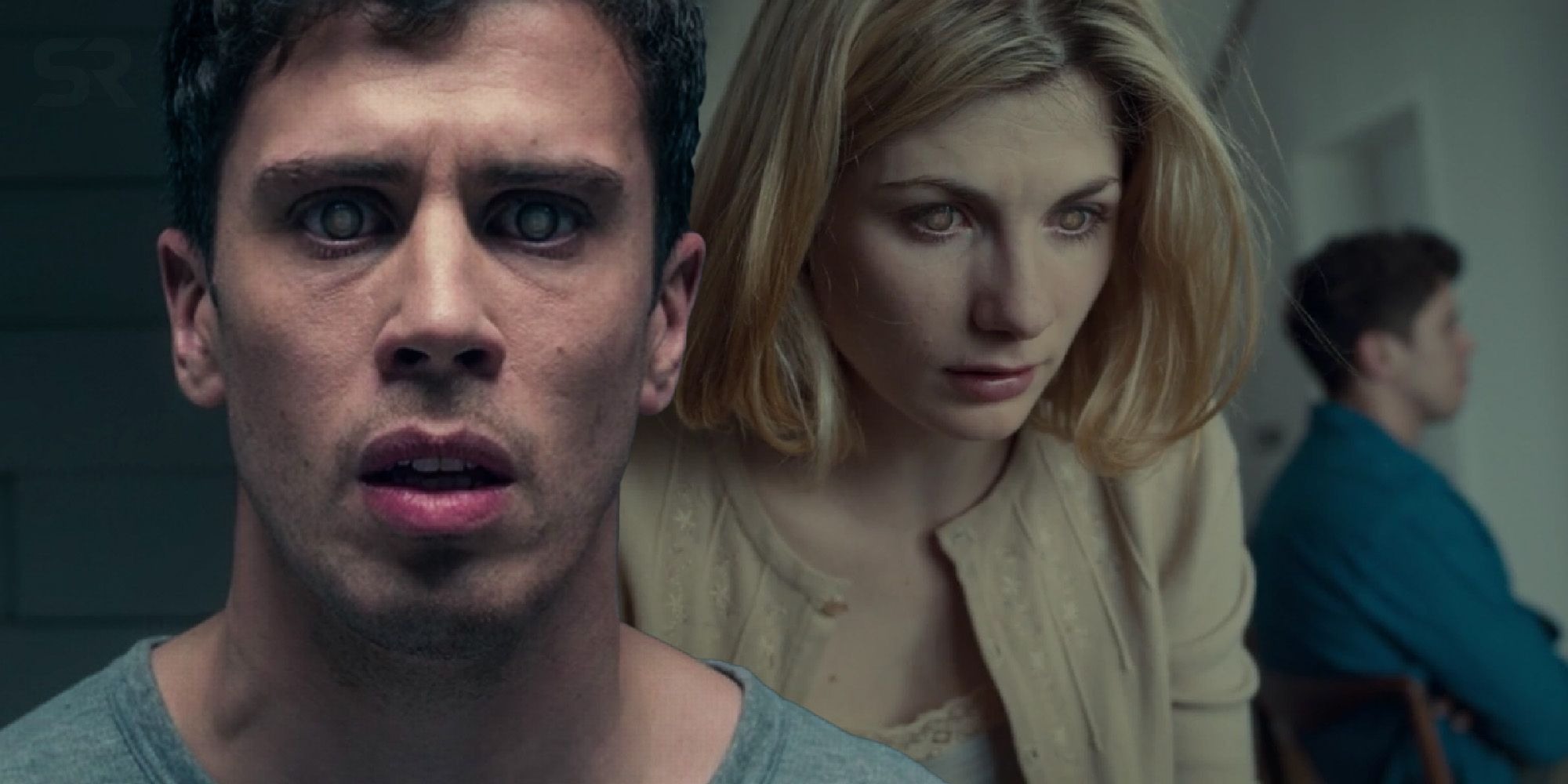“The Entire History of You” is one of those episodes that helped define what Black Mirror came to stand for—deeply unsettling reflections of human nature when technology intrudes too far. This episode painted a picture of a future where memories are not just stored in our minds but recorded in a digital device.
Making them permanently accessible. It stood out clearly as a high point in the first season and left a strong impression on both viewers and critics right from the moment it aired. One major reason it stayed in people’s minds was because of how disturbing and emotionally heavy the final scenes were—scenes that don’t leave the viewer easily.

Rather than focusing heavily on futuristic inventions, this episode tackles the very real idea of memory and how people might use—or misuse—technology to relive every part of their lives.
Written by Jesse Armstrong, who also created Succession, and directed by Brian Welsh, the episode sticks to Black Mirror’s usual approach by showing how innovation can bring out the worst in people. As the plot deepens, it becomes clearer how revisiting past moments can disturb present relationships and mental stability.
Though set in a future not too far from now, it carries emotional weight that feels very close to home, especially with how it wraps up, leaving plenty for the audience to think about once the screen goes dark.
What Is Black Mirror’s ‘The Entire History of You’ About?
In this version of society, most people have a device called a grain implanted in them—this gadget records everything they see and hear and lets them play it back whenever they want. People have become obsessed with recording and revisiting even the smallest events.
The story follows Liam, played by Toby Kebbell, who starts to feel uneasy about his wife, Ffion (played by Jodie Whittaker), especially concerning her past with an old flame, Jonas (Tom Cullen).
The suspicion grows stronger during a dinner party when another guest talks about how she now lives without the grain after it was violently removed, which also erased her memories. We also hear that taking out the grain improperly could lead to blindness.
Once Liam starts doubting Ffion’s faithfulness, he gradually becomes fixated on finding out the full truth. While the technology seems futuristic, the episode concentrates more on human behaviour, emotions, and how fragile trust can be, instead of just focusing on the device.
At first, the grain is shown as something useful, helping people learn from past errors and improve themselves. But things begin to take another turn as Liam starts noticing things that don’t sit right with him regarding his wife.
The very same tool that seemed helpful becomes harmful, making him question every conversation and action. He gets caught in this endless loop of reviewing memories, and soon enough, he can no longer separate fact from his assumptions.
Since he cannot move beyond what he keeps seeing in the replays, he withdraws from reality and finds it hard to trust anyone. The device becomes the reason for his emotional collapse, something that might not have happened if such a tool didn’t exist.
What this episode shows very well is how manipulating memory can affect how people see reality, damage relationships, and erode emotional stability.
How Does ‘The Entire History of You’ End?
By the time the episode starts reaching its breaking point, tension begins to grow quickly in a way that feels predictable yet still hits hard. Liam’s obsession takes over, and in a drunken rage, he physically confronts Jonas, wanting to view what Jonas experienced with Ffion.
Once he confirms his fears, he compels Jonas to delete those memories. The situation gets more intense when Liam confronts Ffion at home, and this is when the emotional damage comes full circle. She eventually owns up to the affair, and also reveals that there’s a chance Jonas is the father of their child—news that leaves Liam crushed.

The closing scene leaves a strong impression. Heartbroken and furious, Liam goes ahead to remove his grain using a razor and a pair of tweezers. As he starts the painful process, the screen fades to black, leaving what happens next open-ended.
But based on how things went, it’s fair to assume that Liam’s family life did not survive this chaos. While it’s true that Ffion’s actions were deeply hurtful and hard to defend, Liam’s way of handling the matter only made things worse.
His obsession and emotional spiral ended up damaging what little was left of their relationship. What makes this closing part so disturbing is how familiar it feels—this isn’t about aliens or distant futures, but about two people who simply cannot communicate properly or trust each other anymore.
Even though this episode is among the bleakest that Black Mirror has delivered, the final few seconds introduce a tiny bit of hope. Liam’s decision to get rid of his grain seems like a way of rejecting the very thing that destroyed his peace of mind.
Though the action isolates him further, it also frees him from constantly reliving painful moments. In this particular case, forgetting might be the better option.
“The Entire History of You” shows just how easily trust can break down when every moment can be revisited like a film, and it brings attention to how chasing objective truth with technology can end up trapping people in their regrets.



